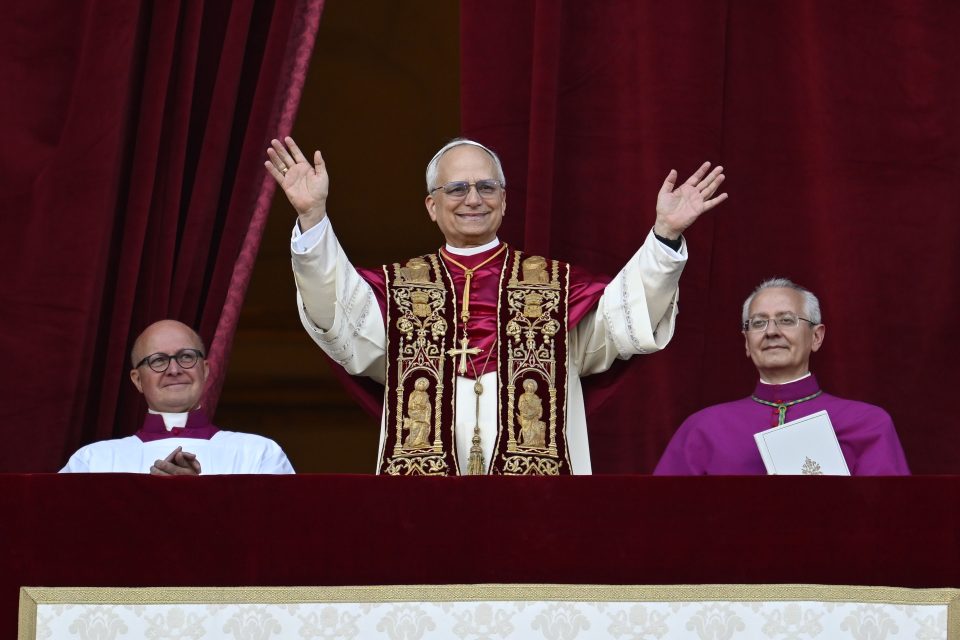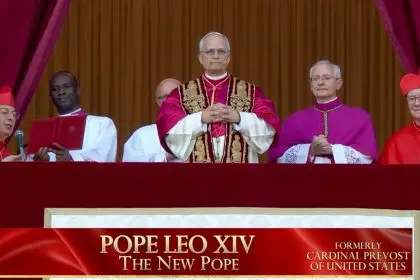
The recent election of Pope Leo XIV, né Robert Francis Prevost, marks a significant moment in history, not only because he is the first pope born in America but also due to his rich heritage, including Haitian and Black ancestry. This revelation has sparked excitement and pride among many, particularly within the African American community.
Research conducted by genealogist Jari Honora has revealed that Pope Leo XIV’s lineage can be traced back to New Orleans, Louisiana. His great-grandparents, Jacques Martínez and Marie Rosa Ramos, were documented as “free people of color” in census records, highlighting the region’s diverse and complex racial history. This discovery has resonated deeply with Honora, who expressed her pride in sharing this heritage with many of her friends and fellow Catholics in New Orleans.
According to reports from The Associated Press, the new pontiff’s family history reveals a blend of cultures and identities. His other set of great-grandparents, Fernandid Baquié and Eugenie Grandbois, were identified as “Mulatto.” Interestingly, while Pope Leo XIV’s mother, Mildred Martinez Prevost, is listed as white on her birth certificate, her father, Joseph Martinez, was recognized as Haitian. Her mother, Louise Baquié, was described as Black and “Mulatto.” This complex family background illustrates the fluidity of racial identity, especially in the context of American history.
In a recent interview, Pope Leo XIV’s brother, John Prevost, confirmed the family’s Haitian roots and connections to New Orleans. He noted that while they knew their grandparents’ heritage, discussions about race were uncommon in their family. This silence reflects a broader societal trend where many families, particularly those of mixed heritage, navigated their identities in ways that often involved altering their racial identifiers for economic reasons.
Honora elaborated on the family’s migration from New Orleans to Chicago between 1910 and 1912, coinciding with a change in their racial identifiers. This practice was not uncommon during that era, as many families sought to improve their economic prospects by “passing for white.” This historical context sheds light on the complexities of race and identity in America, particularly for those with mixed heritage.
The news of Pope Leo XIV’s election has been met with enthusiasm from the city of New Orleans. Mayor LaToya Cantrell expressed her excitement: “The City of New Orleans is a melting pot of different religions and beliefs. We are thrilled to welcome Pope Leo XIV, who embodies morality, unity, and inclusivity.” This sentiment reflects the city’s rich cultural tapestry and commitment to celebrating diversity.
Pope Leo XIV’s ascent to the papacy is not just a personal achievement; it symbolizes a broader recognition of the diverse backgrounds that contribute to the fabric of society. His Haitian and Black roots resonate with many, particularly within the African American community, and serve as a reminder of the importance of inclusivity and representation in leadership roles. As the world watches, Pope Leo XIV has the opportunity to inspire a new generation and foster a spirit of unity and understanding across cultures.














